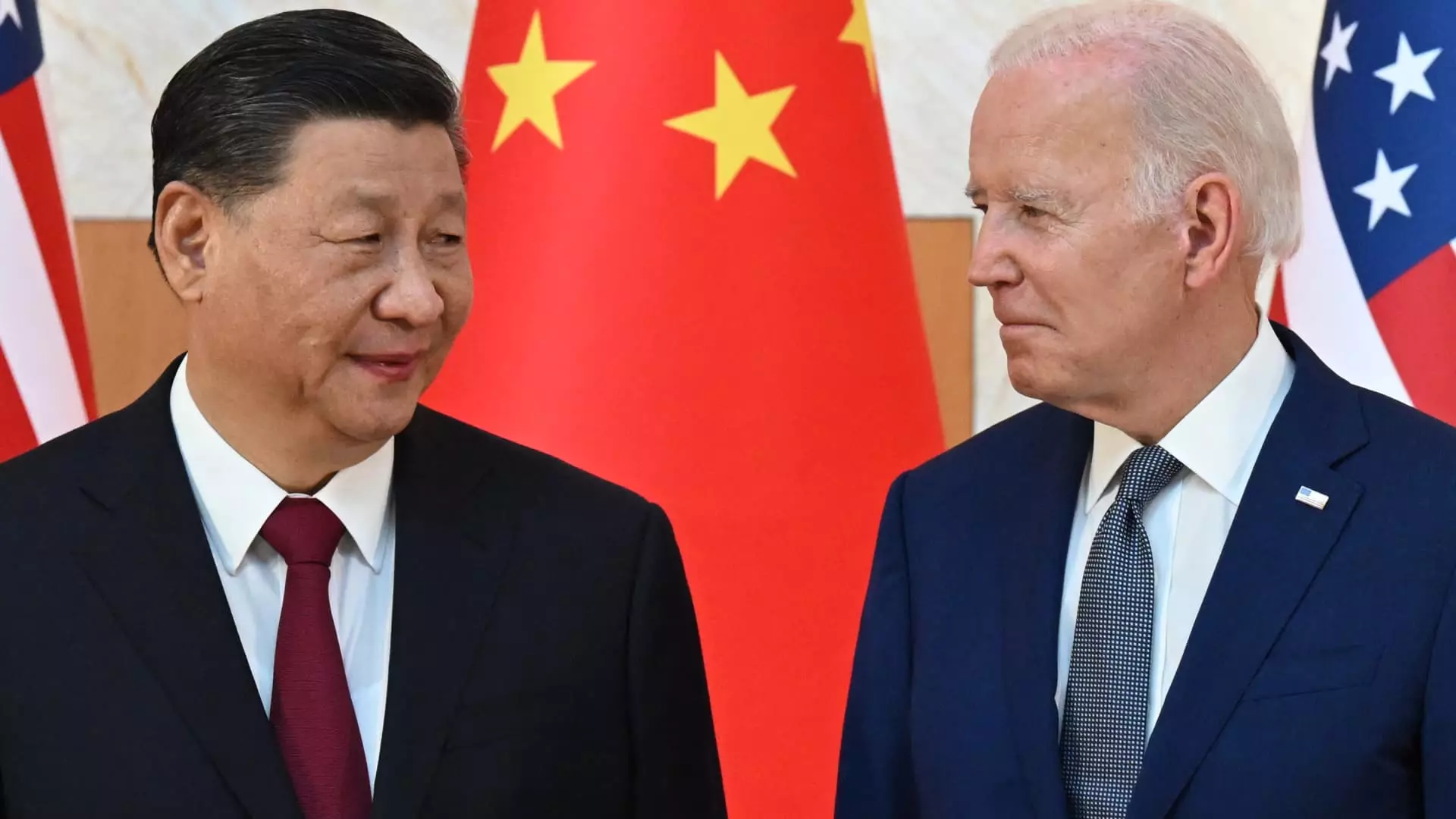President Joe Biden is urging the U.S. Trade Representative to increase the tariff rate on steel and aluminum imports from China. This move comes as Biden travels to Pennsylvania, a key battleground state, where he plans to visit the United Steelworkers headquarters in Pittsburgh. The president’s decision to triple the current 7.5% average tariff rate is a clear message to China that the U.S. is serious about addressing unfair trade practices.
During a recent visit to China, Treasury Secretary Janet Yellen expressed concerns about Chinese subsidies leading to an oversupply of clean energy products, such as solar panels and electric vehicles. Yellen warned that this oversupply could be dumped onto global markets at artificially low prices, potentially harming domestic industries. In response to these allegations, Chinese officials and state media have denied the existence of overcapacity, attributing their abundant supply to constant innovation rather than government support.
As China dismisses concerns about overcapacity, the Biden administration is doubling down on its efforts to protect American industries. National Economic Council Director Lael Brainard emphasized the threat that China’s overcapacity poses to the U.S. steel and aluminum sectors, stressing that China must abide by fair trade rules. This push for increased tariffs comes at a critical time for Biden, who is navigating election-year politics, a delicate global landscape, and economic uncertainties.
While tariffs can serve as a tool to address unfair trade practices, they can also have unintended consequences. In the past, tariffs have led to increased manufacturing costs, which could eventually translate to higher consumer prices. This potential outcome is concerning for the Biden administration, which is already grappling with inflation and working to ensure that its economic policies benefit American workers. Despite concerns about inflation, a senior administration official maintains that tariff hikes will not contribute to higher prices, but rather protect American jobs and industries.
Biden’s stance on China is multifaceted, as he seeks to strike a balance between thawing relations and asserting the U.S.’s economic interests. The president’s approach includes maintaining a tough stance on China while also exploring opportunities for collaboration. In light of ongoing tensions with China, Biden is also voicing opposition to the sale of U.S. Steel to Japan’s Nippon Steel, emphasizing the importance of keeping American companies domestically owned and operated.
Overall, President Biden’s decision to push for higher tariffs on Chinese steel and aluminum imports reflects his administration’s commitment to addressing unfair trade practices and protecting American industries. As trade tensions escalate between the U.S. and China, Biden is faced with the challenge of navigating economic uncertainties while also appealing to voters in key states. The outcome of this trade dispute will have far-reaching implications for the global economy and the future of U.S.-China relations.

Leave a Reply